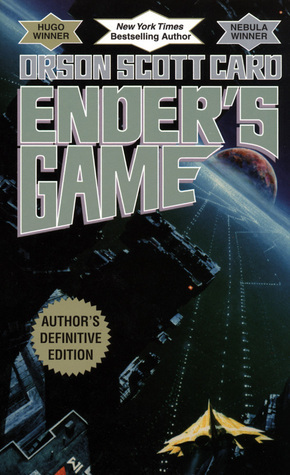
A most untraditional love story, this is the celebrated tale of Henry DeTamble, a dashing, adventuresome librarian who inadvertently travels through time, and Clare Abshire, an artist whose life takes a natural sequential course. Henry and Clare's passionate affair endures across a sea of time and captures them in an impossibly romantic trap that tests the strength of fate and basks them in the bonds of love.
The interesting thing about this story was that I had heard about it a long time ago, and all I knew was that time-traveling was involved. I'm a huge fan of time-traveling stories, and my impression was that this was a sci-fi, so my boyfriend picked up this book for me. We both discovered that it was a romance, and he gave up on it, haha, but I continued reading. No regrets.
- For me, the beginning started out intriguing but confusing. There are a lot of elements about time-traveling that they don't quite explain in the book at first, but things get cleared up along the way if you keep reading. However, this makes it a little inconvenient if you're the type to pick a book back up after several days of not reading it.
- I loved how the author wrote the chapters; they weren't necessarily in chronological order (which sometimes doesn't even make sense anyway, due to the whole time-traveling aspect) but in an order that was able to build up suspense. The pacing of the chapters also helped in creating the suspense. Some chapters were longer than others, but none were unbearably boring or unhelpful, and I liked the details.
- For some reason, I thought Henry's character started off uncharming. There didn't seem to be anything extraordinary about him, aside from the obvious genetic mishap. But he begins to grow on you as he matures.
- No matter what you think of Clare, it's hard not to respect this woman for her never-ending supply of patience and strength reflected in her faithfulness. Just... wow. Sometimes though, when her writing style changed to appropriately match her agitation (think long run-on sentences with many "and"'s on end), I got annoyed because it just seems like a very "edgy" thing some authors do when they want minimal effort while appearing super melodramatic. I feel like you can get your point across without dramatically changing the character's narration flow.
- Also speaking of which, this book is very dramatic. Which is lovely in its own way, but can also come across as hopelessly romantic and a little surreal. The main characters' love story and a few of the side characters (Kimy especially) were the only things that felt real - the rest were a little bit over-the-top, like something you'd see in Hollywood. For instance, Gomez obsessing over Clare for so many years while Charisse was popping out his kids seemed ridiculous. And Ingrid killing herself because of Henry. Even Henry's dad is a little crazy because of love. Everybody acts very Shakespeare-esque because of love, and it's hard to connect that with the other little parts of life. Work (like seriously, academia or actual ambitions) are hardly mentioned. Even friendship isn't as touched upon.
- Then again, all the characters are artists of some sort. This may be why they seem to play and love all day.
- The barely-there sci-fi component was probably the most annoying part of the book, in my honest opinion. I liked that the author reached out to be original and explain how the time-traveling gene works, but the genetics explanation also seemed very dumbed-down. Obviously, it wasn't a big part of the novel, but I felt like they just gave us a very basic understanding of how genes work and not really anything substantial about the actual mutation itself, like how it could have occurred (gene/environment interaction?) or the potential damage/success scientists could take from studying such a mutation.
- The twists along the way were well-implemented - good job, Mrs. Niffenegger, I was not expecting any of those that you threw our way. The quotes about time in the beginning of each part were poignant and particularly relevant, and just made the audience feel more strongly about this love that surpassed even the obstacle of time. In the end, all that suspense built really created something beautiful and powerful. Maybe I'm just emotional, but I did start crying at the end, and that was what told me that this was a really good book.
Rating: 4.5 out of 5 stars!

